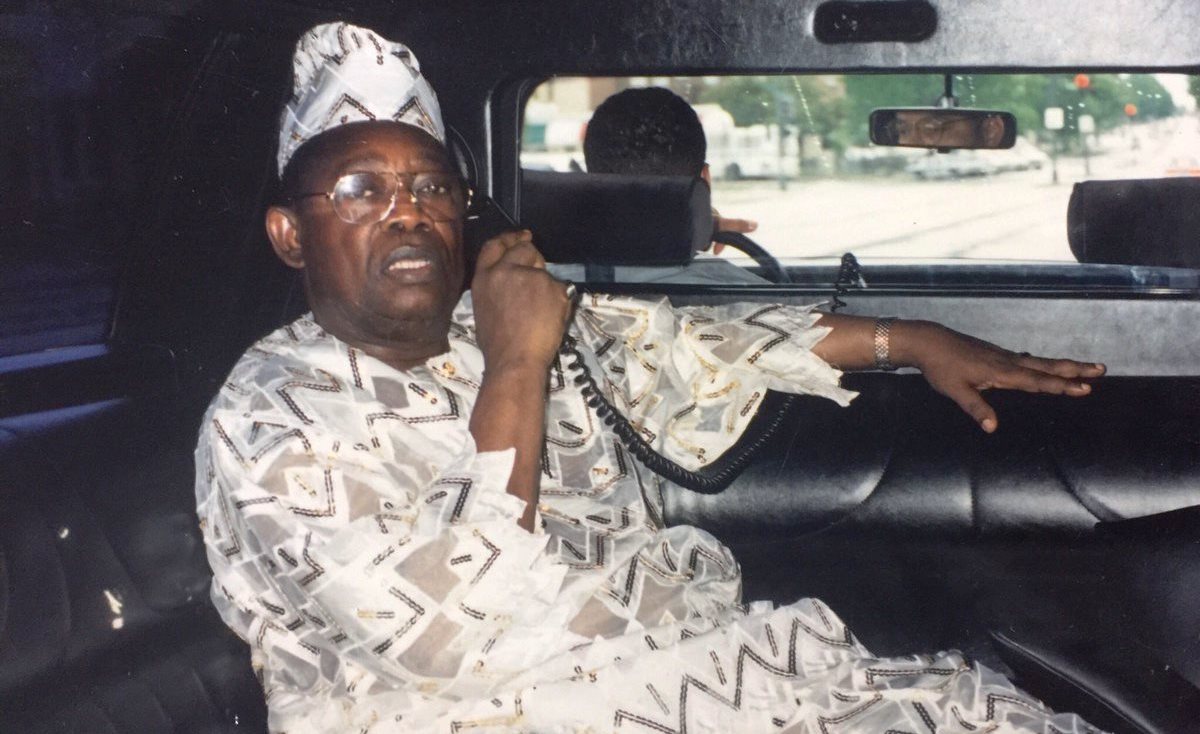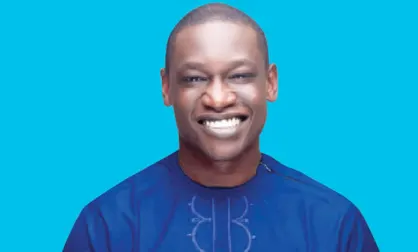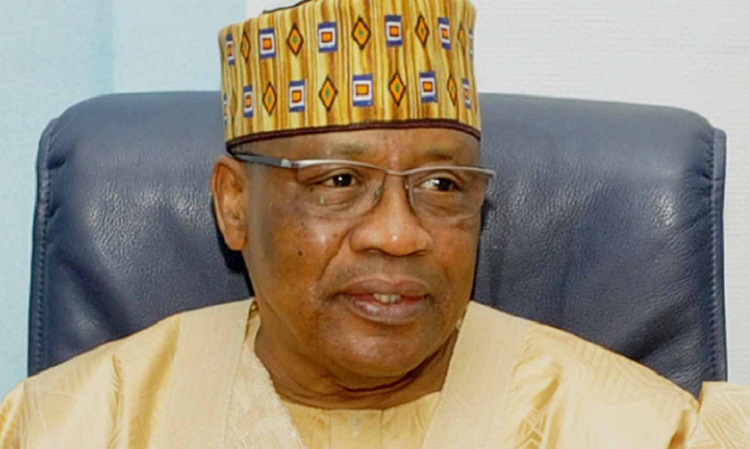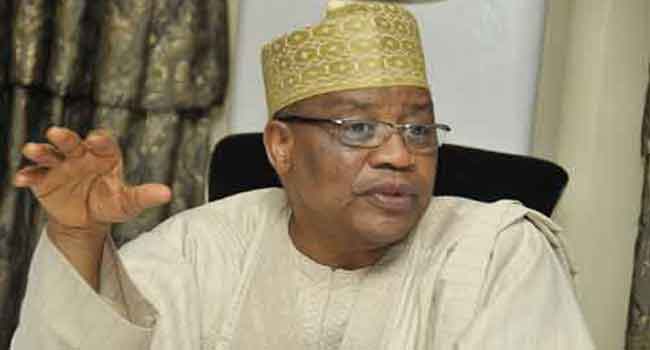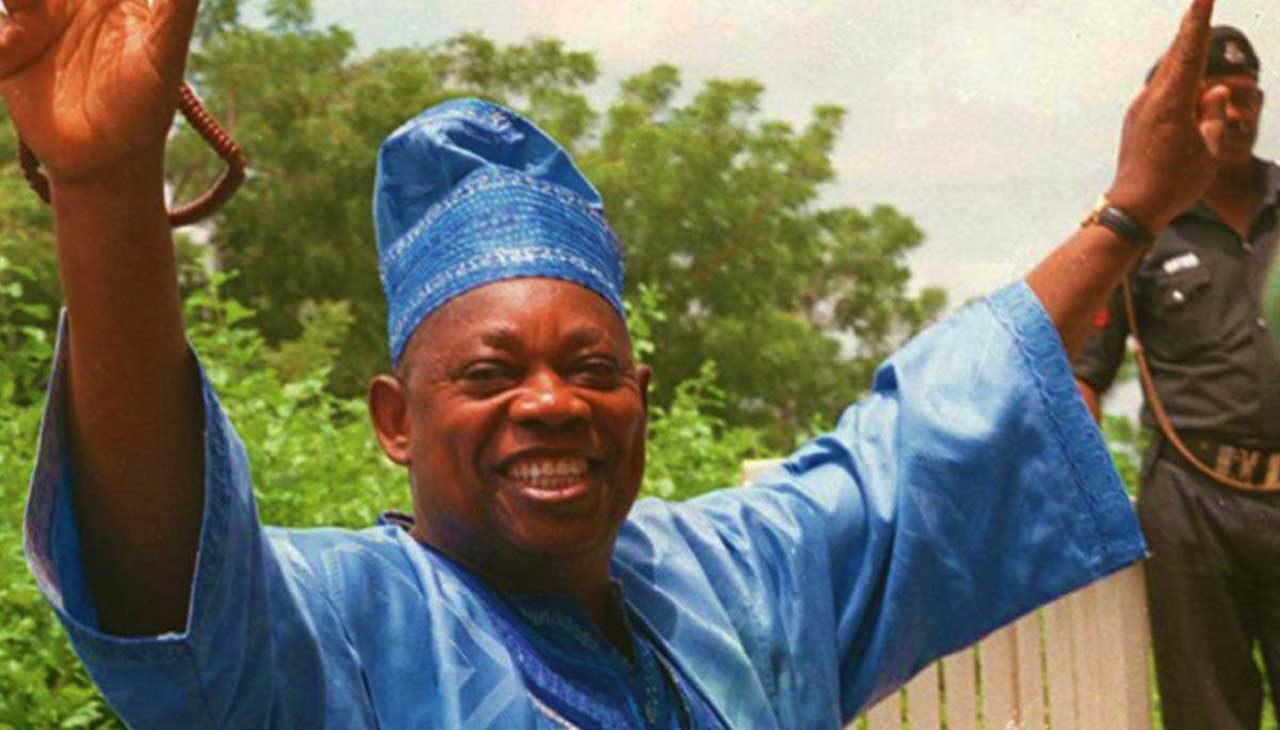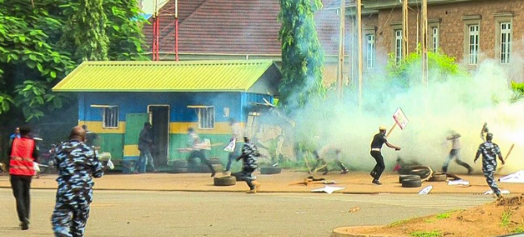ADDRESS BY HIS EXCELLENCY, MUHAMMADU BUHARI, PRESIDENT AND COMMANDER IN CHIEF OF THE ARMED FORCES OF THE FEDERAL REPUBLIC OF NIGERIA ON THE OCCASION OF COMMEMORATION AND CELEBRATION OF DEMOCRACY DAY
12TH JUNE, 2022
Fellow Nigerians, Today, June The 12th, marks another Democracy Day anniversary and an occasion to celebrate freedom and unity of our Nation.
2. From 1999, we consistently celebrated Democracy Day to mark the end of military rule and the return of power and control into the hands of those freely elected by the people. On this day, Nigerians recommit themselves to ensuring we protect and preserve the ideals of democracy.
3. In 2018, we moved Democracy Day from 29th of May to the 12th of June. This change was to remind all Nigerians of one free election after which the presumed winner along with Nigerians were denied their rights and their choice.
4. On June 12th 1993, Nigerians saw the best in our citizens as we all went out to vote peacefully. By June 24th 1993, we also saw the worst of our leadership as the elections were annulled.
5. We must never forget the sacrifices of the heroes of Nigeria’s democracy during 1993. Their patriotism and peaceful struggle should guide our actions especially when it comes to electing our leaders and holding them accountable, now and in future.
6. Fellow Nigerians this is my last Democracy Day speech as your President. By June 12th, 2023, exactly one year from today, you will already have a new President. I remain committed and determined to ensure that the new President is elected through a peaceful and transparent process.
7. It is important for all of us to remember that June 12th, 2023 will be exactly 30 years from the 1993 Presidential elections. In honour and memory of one of our national heroes for democracy, Chief M.K.O Abiola, GCFR, we must all work together to ensure this transition is done in a peaceful manner.
8. I am hopeful that we can achieve this. The signs so far are positive. Recently, all registered political parties conducted primaries to select their candidates for the 2023 general elections.
9. These primaries were peaceful and orderly. Those who won were magnanimous in their victories. Those who lost were gracious in defeat. And those aggrieved opted to seek judicial justice as opposed to jungle justice.
10. I followed the party primaries closely from the state level to the Presidential level. I was very impressed to see across all the political parties that, most candidates ran issued based campaigns. The language and tone throughout were on the whole measured and controlled.
11. Another positive that came from the 2022 party primaries was the significant increase in women and youth particularly across all parties. I was very pleased to see this development. This augurs well for the future. These trends clearly show the level of maturity our democracy has achieved in the last 23 years.
12. As we move into the general election campaign season, we must sustain this mature attitude to campaigning and ultimately, voting. We must never see it as a “do or die” affair. We must all remember democracy is about the will of the majority. There must be winners and losers.
13. I will therefore take this opportunity on this very special day to ask all candidates to continue running issue focused campaigns and to treat opponents with dignity. As leaders, you must all showcase high character and never forget that the world is watching us and Africa looks up to Nigeria to provide example in governance. The tone you set at the top will surely be replicated in your followers.
14. For the voters, I am pleased to inform you that in the last 7 years, our government across all tiers, has made significant investments to reform and enhance our electoral laws, systems, and processes to safeguard your votes.
15. The Executive, Legislature and Judiciary were and still remain united and committed to ensure these reforms are fully implemented in the 2023 general elections. Fellow Nigerians, your right to choose your government will be preserved and protected.
16. I know many of us are concerned with the rise in insecurity due to terrorist activities in parts of the country. As a government, we are working hard to contain and address these challenges. And ensure that the 2023 general elections are safe and secure for all Nigerians.
17. To achieve this however, we must all contribute. It is not the job of government alone. I ask all citizens to support and cooperate with our security agencies by reporting any suspicious characters and activities to law enforcement agencies. We can only have a safe country if we are able to prevent crime not after the crime has been committed.
18. On this special day, I want us all to put all victims of terrorist activities in our thoughts and prayers. I am living daily with the grief and worry for all those victims and prisoners of terrorism and kidnapping. I and the security agencies are doing all we can to free those unfortunate countrymen and countrywomen safely.
19. For those who have lost their lives, we will continue to seek justice for their families against the perpetrators. For those currently in captivity, we will not stop until they are freed, and their kidnappers are brought to justice. If we all unite, we will be victorious against these agents of terror and destruction.
20. We have reformed some of our security structures. Some of the defence assets we procured three years ago have arrived and have been deployed.
21. Our cyber security and surveillance systems are being upgraded to further enhance our ability to track and trace criminal elements. We are also recruiting and training new personnel across all our security and intelligence agencies to strengthen the country’s over-all security.
22. I will conclude this Democracy Day speech, my last as President, by assuring you of my commitment to protect Nigeria and Nigerians from all enemies from within and outside.
23. I am also promising you a free, fair and transparent electoral process. And I am pleading with all citizens to come together and work with Government to build a peaceful and prosperous nation.
24. God bless the Federal Republic of Nigeria.

